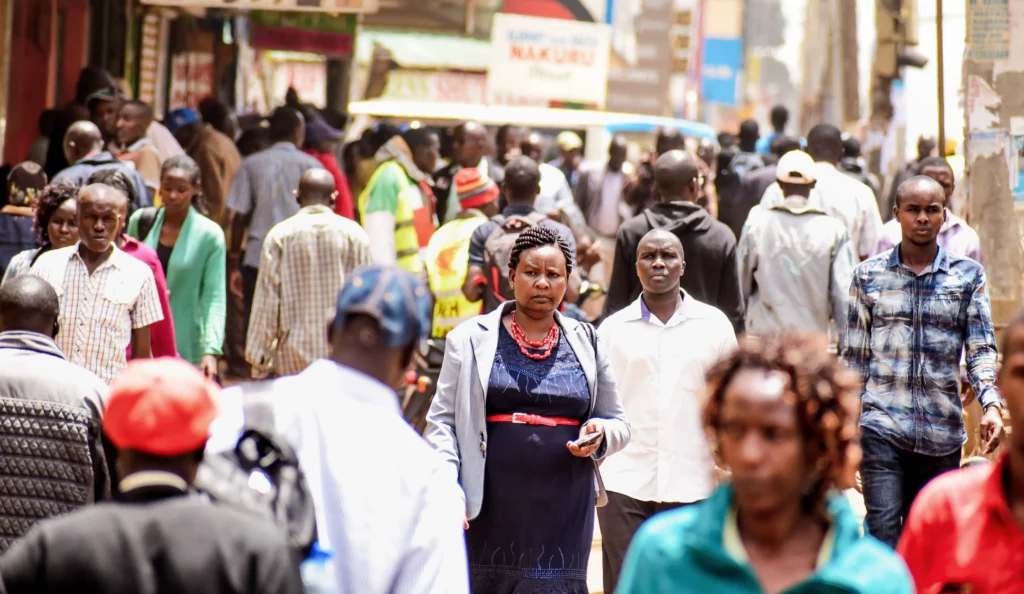The United States has announced a significant shift in how its envoys in Africa will be assessed, prioritizing the commercial agreements they help secure over the traditional metric of aid distributed. This change reflects a broader policy move under the Trump administration toward economic protectionism and trade-driven engagement with the continent.
Troy Fitrell, a senior official in the State Department’s Bureau of African Affairs, explained that this shift signals a strategic move away from aid dependency toward fostering equal economic partnerships. “Assistance involves a donor and a recipient, but commerce is an exchange between equals,” Fitrell said.
In the first 100 days of the administration, U.S. ambassadors in Africa facilitated 33 commercial agreements valued at $6 billion, illustrating the new emphasis on trade. “Trade, not aid, a slogan we’ve seen thrown around for years, is now truly our policy for Africa,” Fitrell added.
Despite being among the top recipients of U.S. aid for years, many African countries have seen a notable reduction in funding from agencies like USAID as part of the Trump administration’s efforts to cut trade deficits and promote shared economic growth. Data from the Centre for Strategic and International Studies reveals that U.S. exports to sub-Saharan Africa account for less than 1% of total U.S. trade, highlighting the untapped potential of the region.
A strategic focus on infrastructure marks a key element of this new policy. Recently, Washington pledged a $550 million loan to back the Lobito rail corridor project, which spans Angola, Zambia, and the Democratic Republic of Congo. This ambitious rail network aims to connect the mineral-rich central African region directly to the Atlantic coast, facilitating the export of critical resources such as copper and cobalt.
The corridor is seen as a vital step toward Africa’s regional integration and a strategic counterbalance to China’s expanding influence on the continent. By improving trade routes and boosting resource exports, the U.S. hopes to deepen economic ties and foster sustainable growth across Africa.


